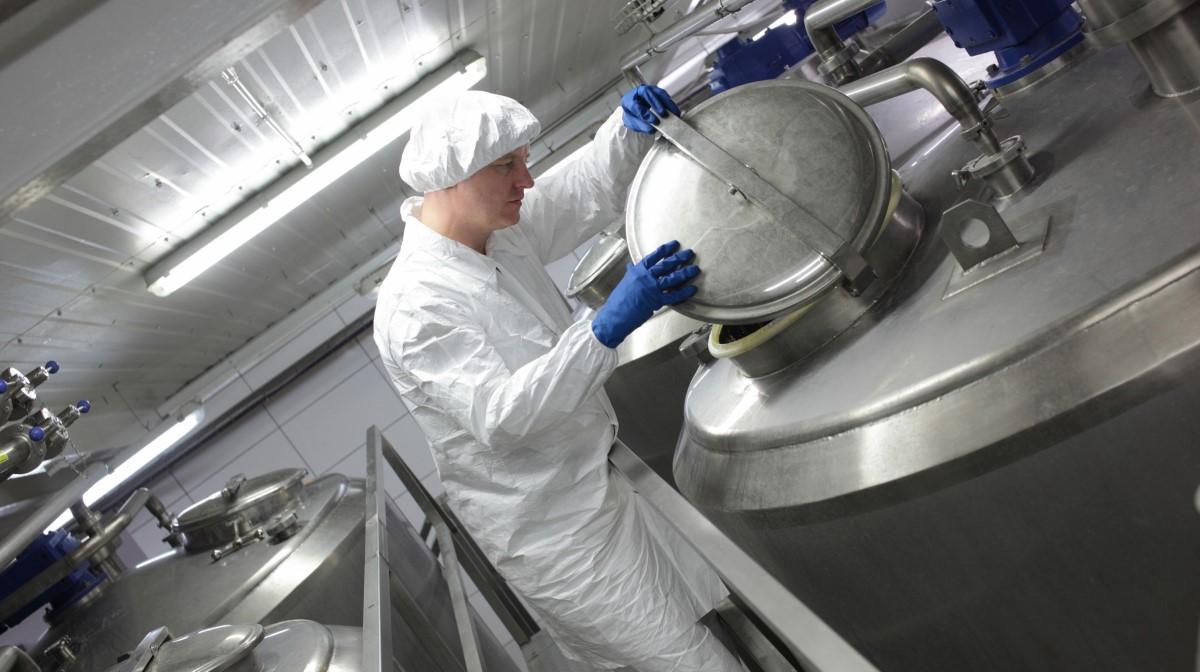Following Food Safety Regulations: How to Prepare for a Third-Party Facility Inspection
Protecting health requires more than just diligent adherence to food safety regulations — manufacturers need to build a culture of food safety into every aspect of their operation. In fact, food safety culture is the foundation for good manufacturing practices (GMP), encompassing everything from actual policy and procedures to the attitude staff members bring to work. Third-party inspections can help determine how effective your food safety culture is.
What exactly do third-party organizations look for during an inspection, and how do they judge performance? Here’s how to prepare so you can ensure your operation passes the test:
1. Know the standards you need to meet
To adequately prepare for an inspection, you must first understand which set of standards the inspectors will assess your operation on. Food safety standards are set and enforced by many different agencies across the globe, and each scheme has different criteria for manufacturers to meet in each category. It’s best practice to be aware of what those criteria are before an inspection, and gear food safety measures toward meeting them. One such set of standards is the AIB International Consolidated Standards for Inspection.
2. Ensure proper pest control
Review pest management logs prior to an inspection and confirm all past issues have been resolved. Inspectors may look over documentation about past pest issues, so be prepared to discuss any prior run-ins and how your facility addressed them. Also check any pest management devices both inside and outside of your facility to ensure they are clean, free of obstruction, and functioning properly.
3. Audit personnel behavior
Are your employees maintaining proper hygiene standards? Observe employees to ensure they are washing their hands properly, using gloves, properly wearing hairnets, and following good manufacturing practices. Address any issues on the spot to encourage more diligent compliance. And when possible, schedule a short refresher training on employee best practices, why they are so important to follow, and the consequences of non-compliance.
4. Review operational procedures
Do your employees know the ins and outs of food safety regulations and procedures? Conduct a thorough review of all operational protocols, including how to control allergen cross-contact and what to do in case of accidental contamination. In addition, review all recent food safety control records to confirm their accuracy and ensure employees are filling out the documentation correctly.
5. Handle outstanding facility maintenance
Next, survey your facility to ensure that the building and equipment are up to code. Pay special attention to the integrity of entryways. Doors and windows should seal completely to prevent pests and other unwanted environmental elements from entering the facility. Structural issues like flaking paint, cracks in the floor, and other problems should also be addressed to prevent accidents or product contamination.
6. Review plant sanitary conditions
Finally, determine how effectively your employees are maintaining facility sanitation. Conduct pre-operational startup inspections to assess the state of your plant, and make sure staff on duty resolve all issues. Employees should ensure facility sanitary conditions at all times, but especially before a third-party inspection. Pay special attention to employee adherence to cleaning schedules, how effectively they complete their duties, and how accurately they document their work.
A strong food safety culture is the foundation for following good manufacturing practices and complying with food safety regulations. However, it can be challenging to maintain the highest standards, even in a vacuum. Third-party inspections can help identify weak points in your operation and rally your team to work with greater diligence.
For more than a century, AIB International has helped food and beverage manufacturers with every aspect of training and certification, as well as with designing programs that comply with food safety regulations. Want help strengthening your food safety culture? Schedule a GMP training inspection to prepare for a scored assessment, today.


